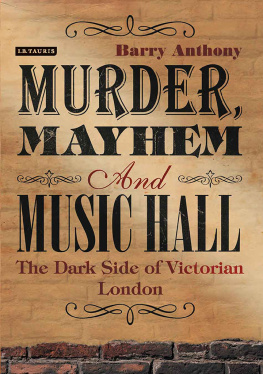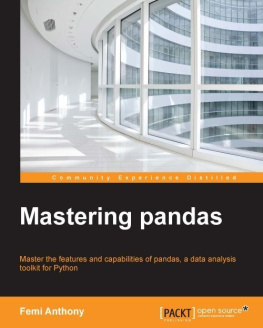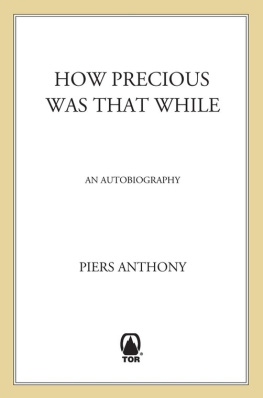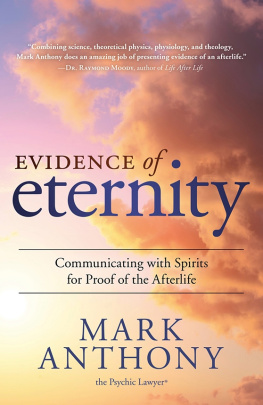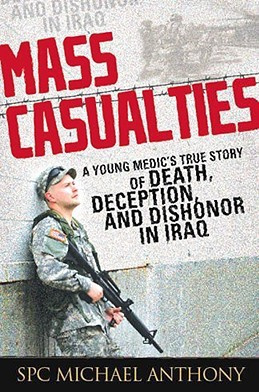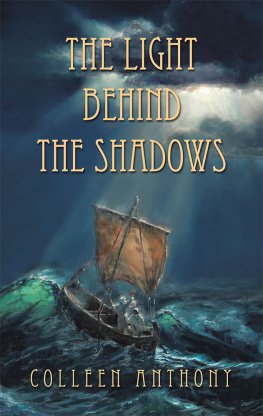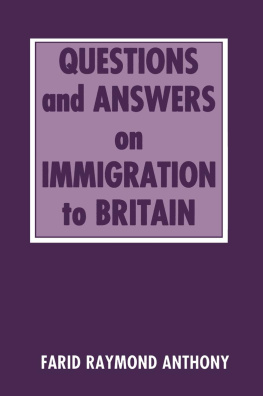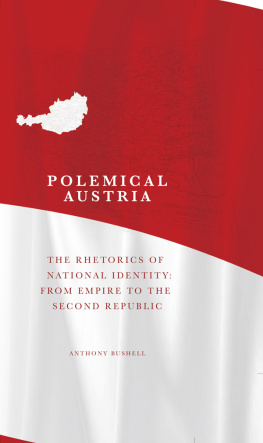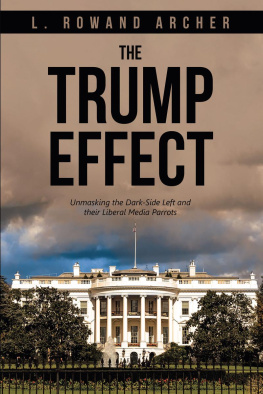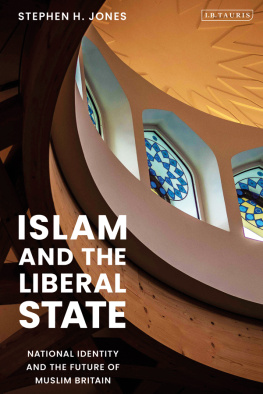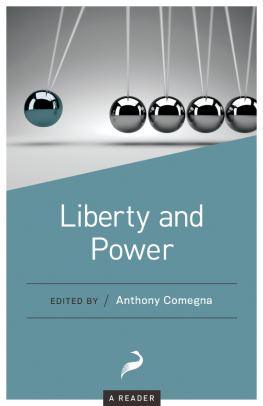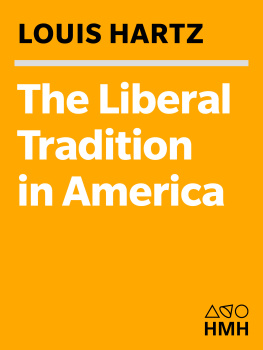THE FALLOUT
Andrew Anthony is a feature writer andinvestigative journalist. He has written for theObserver for ten years, and also writes for theGuardian, Vogue and the Saturday Telegraph. Hisfeatures cover a wide range of subjects: politics,crime, sport, literature, TV and popular culture.
ALSO BY ANDREW ANTHONY
On Penalties
This eBook is copyright material and must not be copied, reproduced, transferred, distributed, leased, licensed or publicly performed or used in any way except as specifically permitted in writing by the publishers, as allowed under the terms and conditions under which it was purchased or as strictly permitted by applicable copyright law. Any unauthorised distribution or use of this text may be a direct infringement of the author's and publisher's rights and those responsible may be liable in law accordingly.
ISBN 9781407017143
Version 1.0
www.randomhouse.co.uk
Published by Vintage 2008
2 4 6 8 10 9 7 5 3 1
Copyright Andrew Anthony 2007
Andrew Anthony has asserted his right under the Copyright, Designsand Patents Act 1988 to be identified as the author of this work
This electronic book is sold subject to the condition that it shall not by way of trade or otherwise, be lent, resold, hired out, or otherwise circulated without the publisher's prior consent in any form other than that in which it is published and without a similar condition including this condition being imposed on the subsequent purchaser
First published in Great Britain in 2007 by Jonathan Cape
Vintage
Random House, 20 Vauxhall Bridge Road,
London SW1V 2SA
www.vintage-books.co.uk
Addresses for companies within The Random House GroupLimited can be found at: www.randomhouse.co.uk/offices.htm
The Random House Group Limited Reg. No. 954009
A CIP catalogue record for this book
is available from the British Library
ISBN: 9781407017143
Version 1.0
In memory of my mother
Foreword
There are many different kinds of liberal and all manner ofgradations of the left, but this book's focus is on the disputedterritory where they meet. In particular, it's about the evasionsand doublethink that enable the permissive and the authoritarianto share ideological space. Though they emerged from the longshadow of the events of 11 September 2001, many of the issuesexamined in these pages are longstanding. Why is it, for example,that people who venerate dictators, terrorists and various politicaland religious extremists remain within the intellectual familyof the liberal left, while those who take a stand against tyrannyand terror are ritually ejected?
How, in this respect, did Ayaan Hirsi Ali, a courageouscampaigner for human rights and female equality, a woman wholives under threat of death, become such a reviled figure to manyon the left, and her plight ignored by so many liberals? As if toconfirm her pariah status, earlier this year the Dutch governmentwithdrew security funding from Hirsi Ali, one of its citizens,because it was no longer economically or politically expedientto pay for her protection in the United States, where she hadpretty much been forced to flee. Why is it that free speech hasagain proved too expensive for a liberal European government?
These questions have no easy answers. They emerge from acomplex combination of history, moral sensibility, group think,notions of loyalty and once radical ideas that have declined intocomplacent postures. I decided to explore my own story in thisbook not because of any great personal significance, but becauseI think it helps shed light on how people on the left have learnedto focus on certain kinds of injustice, while turning a blind eyeto those crimes committed in the name of the 'progressive' cause.
I also wanted to look at some problems that, while highly relevantto modern life, are too seldom discussed by opinion-formerson the left. What responsibilities do we have to each other asfellow citizens in protecting one another against violent crime?Have we over emphasised cultural identity at the cost of individualliberty? Is old-fashioned anti-racism advancing the causeof minority groups, or is it beginning to deliver negative results?
In the year since this book was first published it has received,along with many positive responses, two recurring criticisms.The first is that I mischaracterise the nature of the liberal-leftin British and international politics. Apparently there are nointellectual no-go areas, no shibboleths, and no one is denouncedas a racist, neocon or fascist for challenging these non-existentshibboleths. The other criticism is that I'm a racist, neocon fascist.The interesting thing is that very often these criticisms are madeby the same people.
My favourite example of this cunning tactic was the NewStatesman review which chastised me for my simplistic understandingof contemporary liberalism apparently much more openthan I credit while suggesting, en passant, that my 'expositionson race come close to some of the arguments made by the BNP'.Now, I wonder what inference was meant to be drawn by thatcomparison? The critic did not explain or enlarge in the review,so I can only surmise, but could it be possible that she wasimplying that I was racist or, indeed, in sympathy with neo-Nazis?
It was a baffling analysis of my views because, as is made clearin this book, I don't believe racial markers have much if anybiological significance, and I think race is overstated as a culturalphenomenon. I believe in a multi-racial society. I'm also a longstandingopponent of racial discrimination, far-right politics ingeneral, and the BNP in particular. When later confronted withher scandalous judgment, the reviewer backtracked by admitting:'the substance of Anthony's book does not of course echo theBNP's racist politics'. Of course. Who could have conceivablygained that impression?
This is one way that orthodoxies are shaped, and no-trespasslines effectively drawn. Deny the existence of a conventionalwisdom, then smear anyone who breaks with it. Criticism, itmust be stated, is necessary and healthy. It generates debate,and sometimes a clearer, more astute perspective. And I don'tdoubt that there are plenty of constructive points of disagreementto be made about my argument. But that particularformula laissez faire premise followed by censorious denunciation is symptomatic of a mentality that is the subject of thebook. For it is a portrait of the split, passive-aggressive personalitythat has too often represented the alliance of liberals andthe left.
The playwright David Edgar recently wrote an essay in which hetook issue with those who condemned authoritarianism on theleft. To him, we (I was named in his list) were rightwing 'defectors',a 'pathology' he traced back to those dissidents who becamedisillusioned with the Russian revolution.
In this gallery of 'deserters', he also included Ed Husain, theformer member of Hizb ut-Tahrir, the imperialist, anti-Semitic,anti-democratic, ultra-religious party. Husain turned his back onHizb and now campaigns for democracy and religious tolerance.But he was roped in as a rightwing defector because, in speakingout against Islamic extremism, he had broken the first rule ofmulticulturalism: never criticise your own community. The dogmaof multiculturalism in its cultural relativist form is the missinglink between permissiveness and authoritarianism, the muddledoffspring of left-liberalism that seeks to liberate minorities byimprisoning them in group identities.
And who polices these identities? All too frequently the mostseparatist, the most religious and most race-conscious elementsof any minority group. Naturally, to draw attention to thispredicament is to audition for the title of 'racist'.
'Racist', by my account, is the very worst term in the politicallexicon. By which I mean that racism is the lowest and mostdespicable form of politics. But it's a word you hear bandiedabout as if it has no meaning. At a debate on multiculturalismat the Oxford Literary Festival, one pleasant spring afternoon, Imade my case against defining people first and foremost by theirethnicity. It was not by any means an extreme argument anopposition to faith schools and cultural ghettoes, support forcultural diversity, and a reminder that there is only one race, thehuman race. At the end, a genteel-looking soul in his fifties orsixties piped up and called me a racist. What struck me was thevisible pleasure he took in making the slur, as if in doing so hehad not just won the argument, but rendered any debate surplusto requirements.


